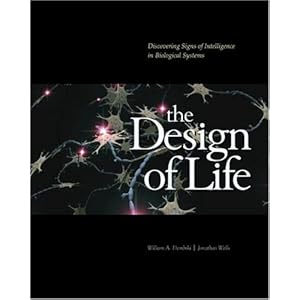 The most recent Stephen Jay Gould prize has been awarded to anti-ID Catholic biochemist Ken Miller of Brown University:
The most recent Stephen Jay Gould prize has been awarded to anti-ID Catholic biochemist Ken Miller of Brown University:
Through his writings, teaching and appearances in court, Dr. Miller has proved an eloquent and passionate defender of evolution and the scientific method.
Some Miller comments:
The argument for intelligent design basically depends on saying, ‘You haven’t answered every question with evolution,’… Well, guess what? Science can’t answer every question. – Kenneth MillerThe new strategy is to teach intelligent design without calling it intelligent design. – Kenneth Miller
There is no controversy within science over the core proposition of evolutionary theory. – Kenneth Miller
Bradley Monton, atheist philosopher and author of Seeking God in Science: An Atheist Defends Intelligent Design (Broadview Press, 2009), who thinks carefully about intelligent design, has some thoughts on Miller’s arguments:
Now, Miller thinks that naturalism is an essential part of science. He holds that if one drops the constraint of methodological naturalism, then science will stop, because one can imply appeal to God as an explanation of any scientific phenomenon. Miller writes:
A theistic science … will no longer be the science we have known. It will cease to explore, because it already knows the answers. Read More ›



